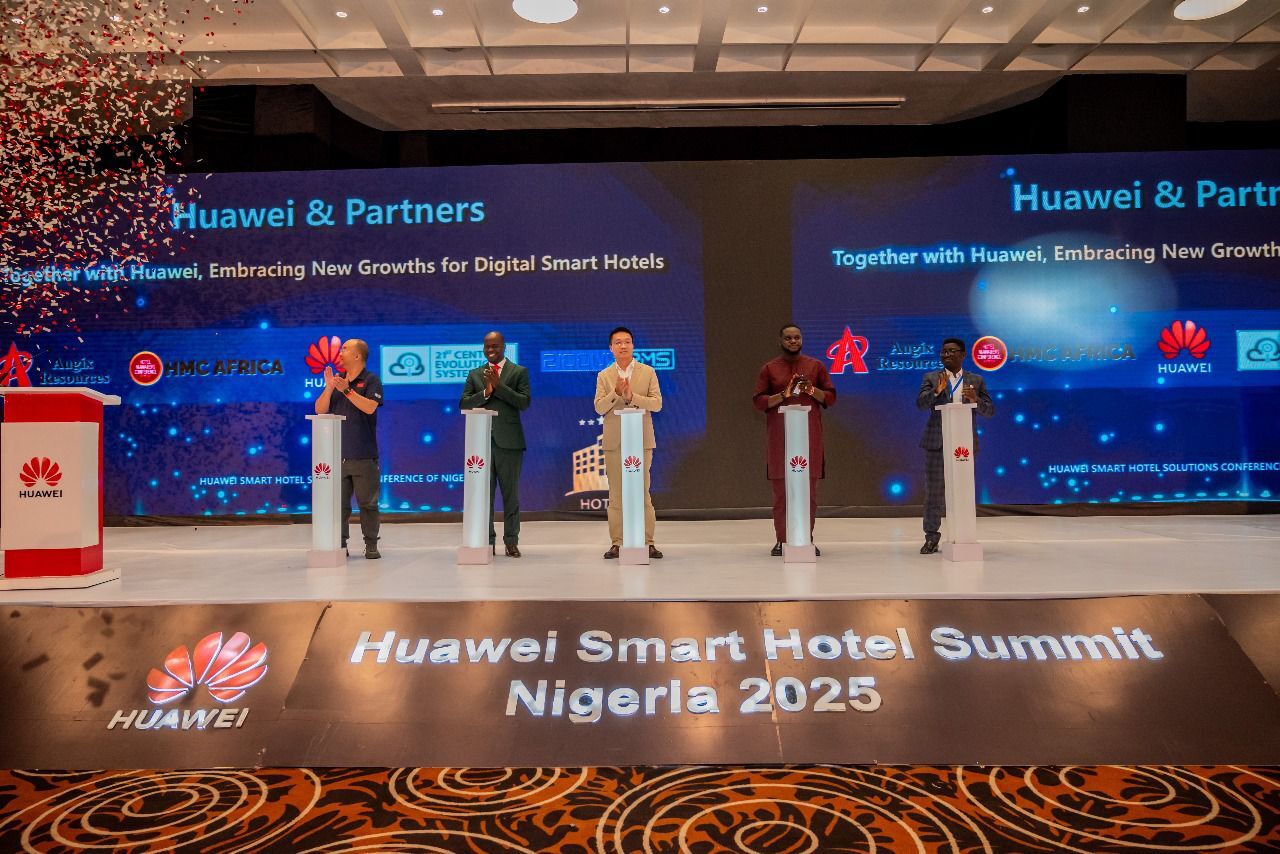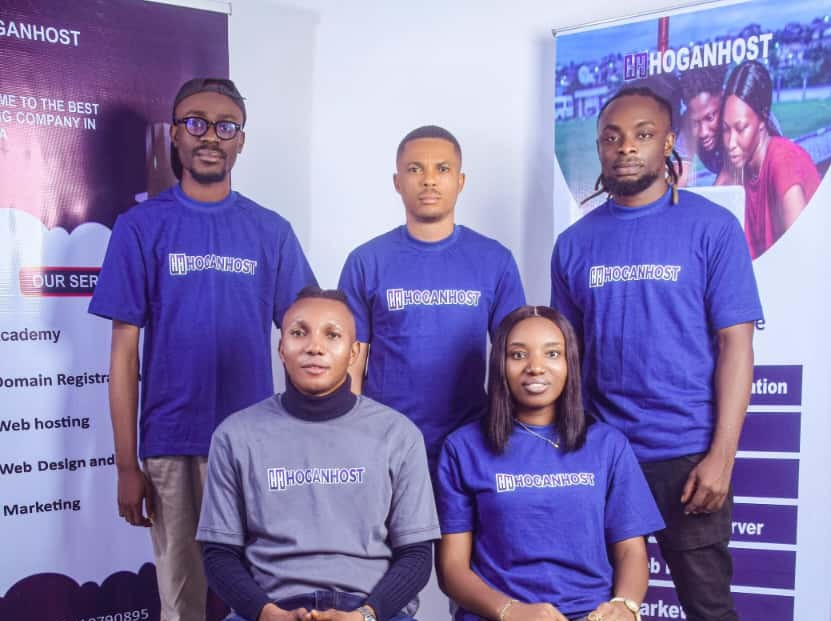In a digital epoch where conventional network perimeters are dissolving under the weight of decentralized cloud ecosystems, one researcher stands out with a radical yet elegantly constructed vision: Rahman Akorede Shittu is redefining the architecture of trust, or rather, its purposeful absence in modern cybersecurity.
Shittu, a distinguished scholar recognized for his incisive contributions to cybersecurity research, has, in collaboration with the eminent researcher Godwin Anariochukwu Nzeako, authored an influential work entitled “Implementing Zero Trust Security Models in Cloud Computing Environments”. In a remarkably short period, the paper began attracting considerable attention not only within academic circles but also among leading figures in strategic IT leadership, enterprise security, and digital policy-making communities. Shittu’s research boldly challenges deeply entrenched assumptions that have long governed conventional cybersecurity frameworks and advocates for an uncompromising shift to a transformative new paradigm: “Never Trust, Always Verify.” This maxim, under Shittu’s analysis, is not merely a slogan but a clarion call for a comprehensive reengineering of how organizations perceive, implement, and sustain security in increasingly decentralized and unpredictable technological environments.
Yet, the brilliance of Shittu’s scholarly contribution extends well beyond theoretical discourse or abstract philosophical repositioning. In this masterfully constructed paper, Shittu meticulously weaves together a deeply analytical blueprint of the Zero Trust Security (ZTS) architecture. What distinguishes his work is the seamless integration of high-level theoretical constructions with pragmatic, operationalizable strategies tailored for immediate adoption by enterprises navigating the complexities of cloud computing. His research goes beyond broad conceptual outlines to deliver a rich tapestry of detailed implementation methodologies, robustly analyzed real-world case studies from diverse sectors, and a visionary incorporation of cutting-edge technological innovations, including AI-driven threat analytics, network microsegmentation, and Zero Trust Network Access (ZTNA) mechanisms. Through this comprehensive approach, Shittu ensures that his scholarship is not confined to the ivory tower but serves as an actionable guide for practitioners facing the pressing cybersecurity challenges of today and tomorrow.
Central to the intellectual nucleus of Shittu’s thesis is a profound, singular insight: that the traditional security paradigms built around the now-fragile concept of rigid, enforceable perimeters and an often-implicit trust in internal actors have become dangerously obsolete. In an age increasingly dominated by hybrid deployments, multi-cloud architectures, remote workforces, and device heterogeneity, such assumptions no longer hold water. Shittu’s research artfully dismantles this outdated mindset and, in its place, proposes a sophisticated security blueprint wherein identity, contextual awareness, and continuous, adaptive authentication form the primary pillars of trust. In his model, trust is not a static designation but a dynamic, continuously revalidated property that adapts to real-time threat landscapes and operational realities. In doing so, Shittu ensures that security postures remain resilient, agile, and scalable even as organizational perimeters dissolve, data flows across disparate systems, and users access critical assets from a plethora of devices and geographical locations.
His work boldly explores challenges often glossed over by other scholars: the delicate balancing act between robust security enforcement and user experience, the technical and financial burdens of retrofitting legacy systems, and the ethical dilemmas inherent in extensive monitoring practices. By offering practical frameworks that integrate regulatory compliance (GDPR, HIPAA, FedRAMP) and dynamic policy enforcement, Shittu’s recommendations resonate with both CIOs charting cloud migration strategies and policymakers designing cybersecurity governance frameworks.
Perhaps most remarkably, Shittu gazes beyond today’s cloud security challenges into the next great frontier: the fusion of Zero Trust principles with Edge Computing. In this new paradigm, billions of distributed devices from autonomous vehicles to smart healthcare sensors will operate under security models that presume no entity’s inherent trustworthiness. Shittu’s vision is not confined to protecting corporate databases; it extends to safeguarding the critical infrastructures underpinning our future smart cities, healthcare systems, and global financial exchanges.
In an era increasingly punctuated by data breaches, ransomware attacks, and cyber-espionage, Shittu’s scholarship is not simply timely; it is essential. His roadmap provides organizations with a robust foundation to adapt, innovate, and secure their digital futures.
Rahman Shittu is not just contributing to cybersecurity, he is reshaping its intellectual architecture, preparing the world for a reality where trust must be earned anew, continuously, and contextually.
For technology leaders, cybersecurity professionals, and researchers seeking a glimpse into the future of secure digital ecosystems, Rahman Shittu’s work offers both inspiration and a practical framework for action.






